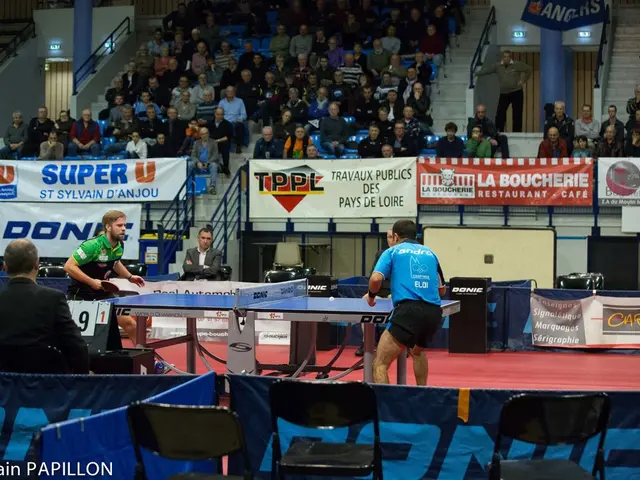Steel Industry in Japan Calls for Government to Address Anti-Dumping Loopholes
The Japan Iron and Steel Federation and other industry groups are calling on the Japanese government to establish a system to prevent Chinese steel from avoiding anti-dumping duties. This concern arises from the belief that the current situation allows for Chinese steel to evade anti-dumping duties by shipping through third countries and using minimal processing.
The groups argue that the proposed anti-dumping tariffs on Chinese hot-dip galvanized steel sheets would be more effective if accompanied by measures to combat the evasion of anti-dumping duties. They contend that the absence of a system to combat these practices makes the proposed tariffs ineffective.
The issue of Chinese steel avoiding anti-dumping duties is a significant problem in the context of increasing pressure from Chinese steel exports to Japan. The groups stress that the lack of a system to combat the evasion of anti-dumping duties is a pressing issue that needs immediate attention from the Japanese government.
In contrast to other G20 countries, Japan's measures against anti-dumping duty circumvention are notably weaker and slower. Japan and Indonesia are the only members of the Group of 20 major economies that do not have a system to combat efforts to avoid anti-dumping duties. Japanese law requires a separate, often year-long, investigation whenever such circumvention occurs, greatly slowing enforcement action and reducing effectiveness.
The groups have been urging the government to establish a dedicated anti-circumvention framework and increase investigative staff capacity to better protect domestic producers. These calls highlight that Japan's approach is currently less responsive and comprehensive than that seen in other major G20 members like the EU and US, which use swifter and more rule-based trade defense measures.
Other G20 countries have adopted specific legislation and more agile trade defense systems to combat efforts to avoid anti-dumping duties, particularly targeting transshipment circumvention and minor product modifications to bypass such duties. The EU, US, and most G20 economies maintain dedicated anti-circumvention frameworks allowing quicker interventions without the need for new investigations each time circumvention is suspected.
The groups advocate for the Japanese government to follow suit and establish a system to prevent Chinese steel from avoiding anti-dumping duties in order to strengthen the effectiveness of proposed tariffs. They believe that such a system is crucial for the effectiveness of any proposed tariffs.
References:
[1] https://www.japan-metal.or.jp/en/news/2020/06/150615_01.html [2] https://www.japan-metal.or.jp/en/news/2021/02/200223_01.html [4] https://www.japan-metal.or.jp/en/news/2021/03/200305_01.html
Read also:
- Deepwater Port Construction Permits for Projects within the South Central Region's Air Regulations
- Citizen Thekla Walker, Minister, urges: "Let's face our responsibilities at home"
- Editorial Correspondence: Justifying the Elimination of a Program Earmarked for Reducing Our Own Carbon Footprint?
- Investment of $20 million in an eco-friendly ammonia production facility in Africa by SA-H2 fund







